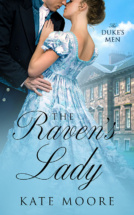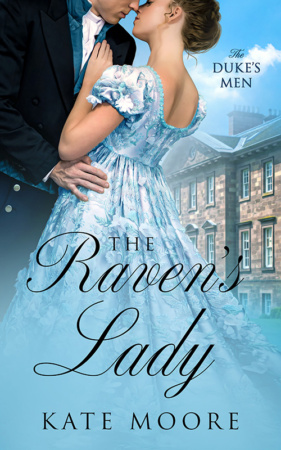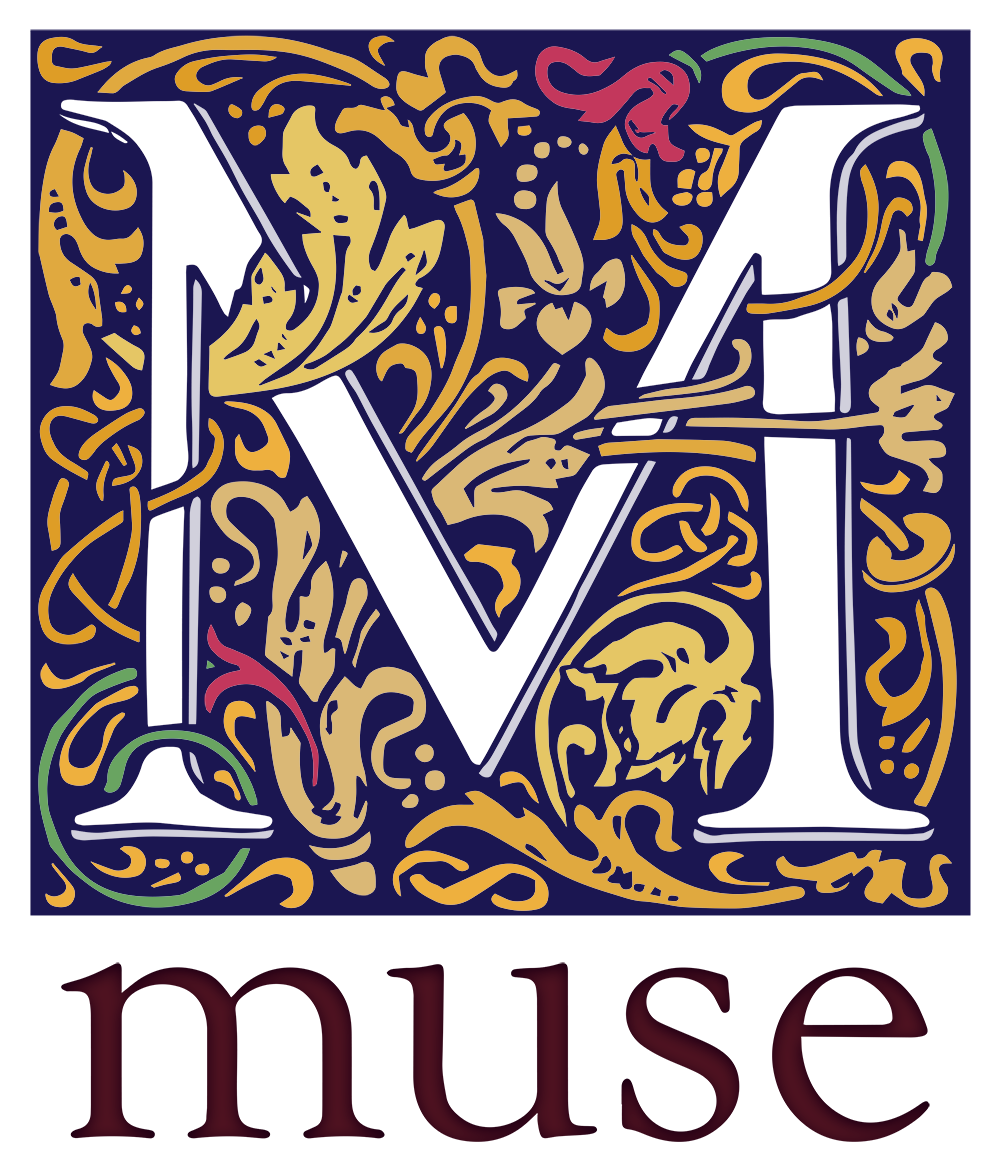Stay in Touch:
Other Tule AuthorsYou'll Also Love:
Excerpt Coming Soon!
Stay tuned to our social networks and newsfeed to be notified when the excerpt is posted.
Facebook · Twitter · Newsletter
This book will begin shipping October 21, 2024

ISBN:
October 21, 2024









